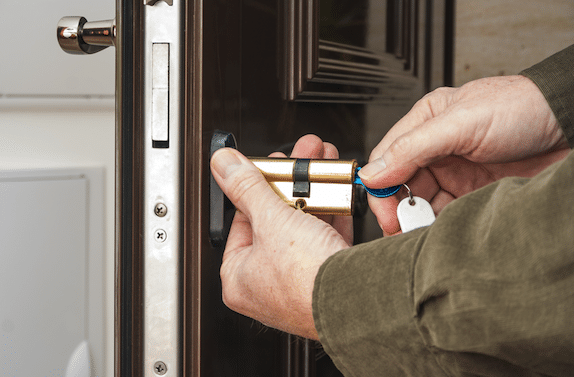1) Appreciate The Value Of Expertise
In most cases, you’re intimately familiar with the equipment you’re trying to sell. Bear in mind that operational expertise doesn’t translate into sales expertise! It’s tempting to handle your machinery sales on your own. But even assuming you navigate your way to the best possible deal, consider the valuable time and effort you’ll need to invest in the process. It usually makes more financial sense to enlist the services of a sales expert to maximize the return on investment you get by selling used equipment. A sales specialist with applicable experience can be particularly valuable if you’re trying to sell machinery in a market that features low demand and high supply.
2) Maximize Your Equipment’s Value
Used industrial equipment fetches a higher price when you make it as appealing as possible to customers. This means making a reasonable investment in refurbishing your equipment before you try to sell it. Make a smart decision about the balance between the cost of refurbishment and the value it can add to your sale. Depending on your resources and the condition of your equipment, refurbishment can include anything from basic cleaning to a major repair overhaul. Don’t neglect aesthetic appeal, either; repainting your equipment just might catch the eye of a buyer that might otherwise overlook it.
3) Research A Realistic Price
An important early step in selling heavy machinery is developing a reasonable expectation of its value. Don’t work off the price you paid for your equipment, especially if you bought it new. Instead, research the going rates for similar equipment on the second-hand market. Gather as much information as possible. Ideally, you can find several examples of second-hand machinery like yours for sale and establish a practical price range for your equipment.
4) Study The Different Sales Channels Available To You
There are many different ways to re-sell heavy machinery, and the one that best suits your needs will depend on many different factors. Auctions, equipment brokers, manufacturers that buy back machinery, and direct sales all offer different sales experiences. Many times, you will need to pick a selling method that balances the speed of sale against maximum return. This is one place where an equipment sales specialist (see tip #1) can provide invaluable guidance.
5) Be Transparent
Your re-sale will go more smoothly the better you can answer potential buyers’ questions. This means providing as much documentation as you can for your equipment. All official documentation (e.g. sales receipts, maintenance records, etc.) should be available to buyers on request. Remember that you can document your machinery yourself, too! Detailed photos can help buyers develop a clearer picture of the equipment you’re offering. Making your documentation available online is a great time-saver for potential buyers, and this is one of the steps that a sales specialist can help you with.
6) Target The Right Buyers
Hopefully, the market research you’ve already done (in tip #3) has given you a good idea of where equipment like yours is most in demand. You want to reach as many interested buyers as you can to maximize your chances of striking the best deal. If you have a sales expert assisting you, you have a powerful asset for finding the best market. A machinery sales specialist can also help you pick out the most effective ways to advertise your equipment so that it catches the attention of the most suitable buyers.
7) Do Your Due Diligence
As you’ve already read, selling heavy machinery takes a lot of research, even if you’re working with a sales specialist! But your research isn’t finished once you have prospective buyers making offers on your equipment. Before you commit to any sale, take the time to study the buyer. The goal here is to verify their legitimacy and their ability to follow through on their offer.


